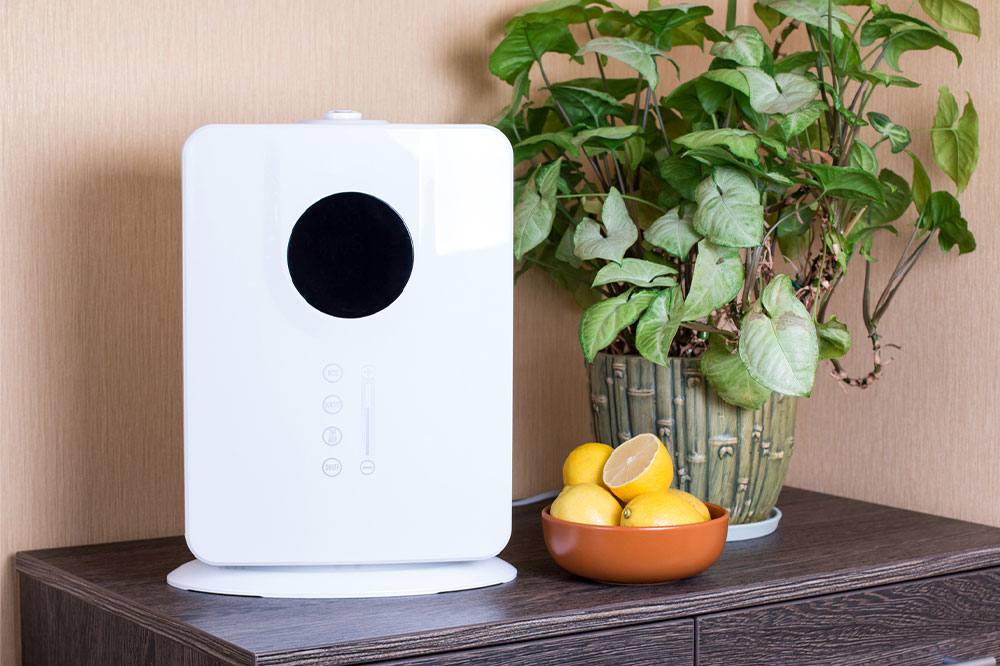4 signs of weak immunity and ways to bolster it against respiratory viruses

In today’s world, where respiratory viruses like the flu and common cold pose significant health risks, having a robust immune system is more critical than ever. The immune system is the body’s natural defense against pathogens, including viruses. However, a lot of factors can weaken it, making one more susceptible to illnesses. Here are a few common signs of weak immunity and helpful ways to strengthen it against severe respiratory viruses.
Sign 1: Frequent infections
One of the most apparent signs of a weak immune system is the tendency to contract infections frequently. If one falls ill with respiratory infections multiple times a year, it may indicate their immune system is not functioning optimally.
Sign 2: Prolonged recovery
If it takes one longer to recover from respiratory infections, it may indicate a weakened immune system. A robust immune system should be able to mount a swift response to viruses and help patients recover quickly.
Sign 3: Recurrent respiratory allergies
Recurrent allergies and allergic reactions can weaken the immune system’s ability to defend against respiratory viruses. This is because allergies can inflame and irritate the respiratory tract, making it easier for viruses to invade.
Sign 4: Chronic fatigue
Chronic fatigue can be a symptom of an overworked or compromised immune system. The body often feels tired when one’s immunity struggles to keep up with respiratory infections.
Ways to strengthen the immune system
Here are some ways one can enhance their immune response:
Eating nutrient-rich foods
An excellent way to reduce the frequency of respiratory infections is to eat nutrient-rich foods. A meal plan rich in vitamins, minerals, and antioxidants is essential for a robust immune system. Patients can consider including fruits, vegetables, lean proteins, and whole grains in their nutritional regimen. A few specific foods are spinach, lemons, oranges, red bell peppers, and broccoli.
Getting adequate sleep
Quality sleep is also essential for immune health. Experts suggest one must aim for at least seven to nine hours of restful sleep each night.
Regular exercise
Regular physical activity can boost circulation and improve immune function. One should indulge in at least 150 minutes of moderate-intensity exercise per week.
Stress management
Chronic stress can suppress the immune system, so one should try to relax and calm down. Relaxation techniques like meditation, deep breathing exercises, and yoga are known to reduce stress and enhance immunity.
Allergy management
Those with frequent respiratory allergies should identify and manage their triggers with the help of an allergist. One can consider opting for a nasal spray or undergoing immunotherapy as the situation demands.
Improvement in air quality
Those with respiratory allergies should also aim to improve indoor air quality. One can achieve this by using air purifiers and keeping the living spaces clean. Clean air can minimize exposure to allergens like pollen, dust mites, and pet dander.
Balanced lifestyle
Maintaining a balanced lifestyle that includes regular exercise, eating healthy immune-boosting foods, and getting sufficient sleep can contribute to overall well-being and immune strength.
Consultation with a healthcare professional
Those experiencing chronic fatigue should consult a healthcare professional to rule out underlying health conditions. Doctors can provide guidance on addressing specific health issues that may be affecting one’s immune system.
A strong immune system is one’s best defense against severe respiratory viruses. So, if one experiences the signs of weak immunity, one must take proactive steps to strengthen it.




